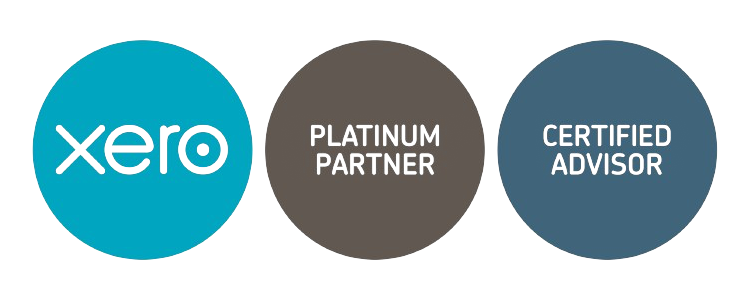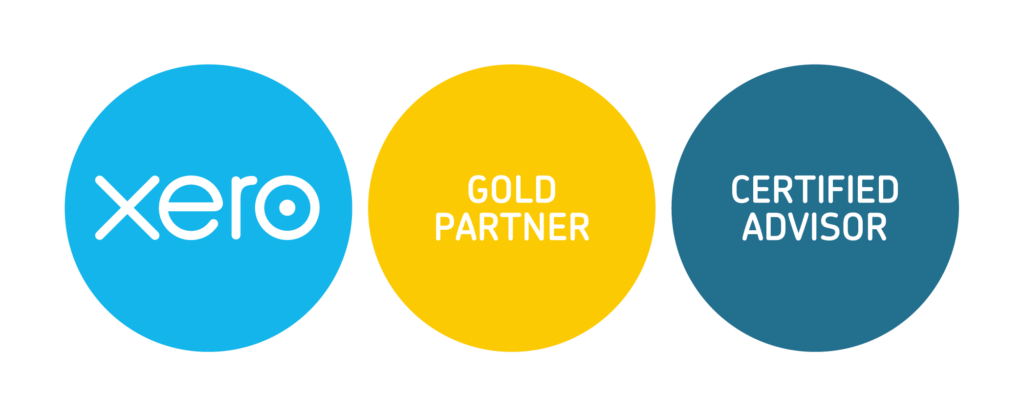CFO GROUP INTEGRATED SERVICES
Payroll vs Compensation: What's the Real Difference for Your Business?
CFO Group • May 16, 2025
In the race to attract and retain top talent, many business owners unknowingly make one costly mistake: confusing payroll vs compensation. While the two may sound similar, they serve very different purposes, and if you don’t get both right, your best people might walk out the door.
So, what’s the difference between payroll and compensation, and why should it matter for your business?
What Is Payroll? The Foundation of Compliance
Payroll refers to the process of calculating and delivering wages, as well as tax deductions and benefits tracking. It’s the backbone of compliance, ensuring your team is paid on time, accurately, and by the law.
A strong payroll management system avoids penalties and reinforces trust between employer and employee.
What Is Compensation and Benefits? The Complete Package
Compensation and benefits go beyond just salary. While payroll is a part of compensation, the whole package includes:
- Bonuses
- Allowances
- Stock options
- Health insurance
- Retirement benefits and savings
- Perks like hybrid work or wellness programs
Understanding the difference between payroll and compensation helps you create motivating and retaining employee compensation packages.
Key Differences Between Payroll and Compensation
| Category | Payroll | Compensation and Benefits |
|---|---|---|
| What it is | Wage processing & tax compliance | Total rewards (monetary & non-monetary) |
| Includes | Gross pay, CPF, deductions, and payroll processing | Payroll + bonuses, benefits, equity, perks |
| Main Focus | Accuracy, compliance | Motivation, retention, and employee engagement |
| Managed by | Finance / HR | HR + Leadership Strategy |
| Why It Matters | Prevents penalties, builds trust | Boosts satisfaction, loyalty, and performance |
The Hidden Cost of Ignoring the Difference Between Payroll and Compensation
Failing to differentiate between payroll and compensation can hurt your company in the long run. You may stay compliant on paper, but still lose top performers due to lackluster reward systems.
In the age of competitive hiring, compensation and employee engagement go hand in hand. Employees aren’t just staying for paychecks, they stay for the value and culture you offer.
Over time, this oversight can decrease morale, lead to poor retention, and weaken the employer brand. Businesses that fail to address the gap between payroll and compensation often struggle to attract high-quality candidates in a crowded market.
It’s not just about meeting expectations, it’s about exceeding them where it matters most.
How to Build Smarter Compensation Based on Business Goals
Here’s how to balance both payroll accuracy and the strategic side of compensation:
- Use automation to handle payroll and CPF compliance
- Regularly benchmark your compensation and benefits
- Create role-specific incentives based on performance
- Align all rewards with your employee engagement goals
- Monitor trends in the market to stay competitive
Payroll vs Compensation: Fix This Before Your Competitors Do
Still seeing no difference between payroll and compensation? That blind spot could be costing you top talent and long-term growth.
The companies winning today are those who treat payroll and compensation as two powerful tools, not interchangeable tasks. When used strategically, they drive performance, reduce churn, and strengthen your position in the market. Don’t wait until your top performers leave to realize what’s missing.
Take action now! Optimize your payroll for compliance and build compensation that inspires loyalty.
Stop Guessing Payroll vs Compensation — Let CFO Group Get It Right for You
Still unsure if you’re just paying your team or rewarding them? At CFO Group, we don’t just run payroll—we build systems that boost employee engagement, ensure full compliance, and help you retain top talent.
Whether it’s CPF, benefits, or building smarter compensation packages, our team takes the stress off your plate so you can focus on growing your business.










